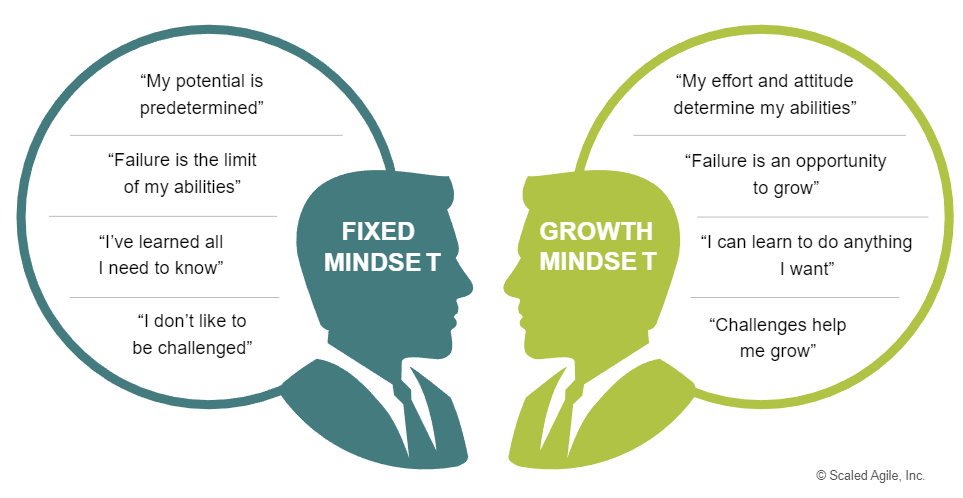
Five Traits That May Hinder Founders Success
The moment when you stumble upon ‘THAT’ idea – the one that keeps you awake at night, the one you can’t stop talking about. It’s simply an exciting experience. It becomes the driving force behind our decision to take the plunge and launch our own startup.
Before rushing into incorporating, buying the domain, and designing a logo, it’s wise to pause, take a few deep breaths, and consider if creating a startup is truly the right path for you. Perhaps one of the following reasons will resonate with your situation, and help you potentially save valuable time, energy, and money by deciding not to bring your idea to life.
Based on our experience, we discovered a few traits that hinder founders’ success as entrepreneurs.
“Ideas are easy. Implementation is hard.” –Guy Kawasaki
1. No Market Research Habit
Not just falling into the idea of having an idea. Launching a successful startup requires a thorough understanding of the market, customer needs, and potential challenges. Only following instincts: A trait that can be counterproductive for a startup founder. How can I break this habit? Before attempting to disrupt a market or a demand, it is crucial to comprehend the importance of doing your research and to conduct a thorough analysis of the demand and market you wish to disrupt. You need to check on whether you’re the first person, who tried to change the market — If not, why did others fail? What does that say about the market? Ask existing players if they perhaps tried your idea before. What are their thoughts? Study hard, before going hard.

Keeping yourself updated with the latest information, embracing improvement, and conducting the necessary research are vital components of a founder’s journey. Without these proactive efforts, a founder may lack emerging trends, miss out on potential opportunities for innovation, and ultimately stall the growth trajectory of their business. In the fast-paced and ever-changing landscape of entrepreneurship, this commitment to continuous adaptation is what sets apart thriving ventures from those that struggle to stay relevant and competitive.
2. Not Having Enough Emotional Strength
The startup journey is filled with highs and lows, and it can take a toll on your emotions. One moment, you’re elated with excitement as you see your vision taking shape, and the next, you’re overwhelmed with doubts and fears. It’s completely normal to feel this way. It’s like climbing a mountain; you’ll encounter obstacles along the way, but the view from the top makes it all worth it. If you’re someone who’s always looking to work outside their comfort zone, entrepreneurship might not be the coziest path. When you stretch yourself beyond what you thought was possible, that’s when you unleash your true potential. If you cannot handle ups and downs, then you might not be fully prepared to embark on this journey.
3. Not Ready To Get Relevant Experience
It is often said that entrepreneurship is a mindset developed over time. Early exposure to the world of business, whether you’ve grown up in a family of entrepreneurs, pursued business-related education, or gained work experience in the corporate world, these early exposures can be game-changers. They give you a unique perspective and a firsthand understanding of the challenges and intricacies of the business world. And trust me, that kind of exposure can prove to be incredibly valuable when you’re ready to take the leap into your own startup.
But wait, there’s more! Another powerful asset that can give your startup a head start is prior expertise in a specific field or industry. It’s like swimming in familiar currents. With prior expertise, you can leverage your knowledge, tap into your networks, and make industry insights work to your advantage. Such experience increases the chances of success, though individuals from different backgrounds can also thrive. However, they may encounter certain challenges related to adapting to the industry’s nuances and building a network from scratch. This is not to imply that having experience guarantees success, but it does increase the likelihood.
4. Not ready to raise capital
At first glance, many startup ideas may appear easy to manage and low maintenance, leading you to believe that you can handle everything on your own. The early phases might make it seem like you can single-handedly manage most tasks without the need to invest in software or hire additional staff – but this assumption can be misleading.
Many startup ideas may seem easy to manage alone in the beginning, but this is not going to be the case throughout. Unforeseen challenges will arise as your startup grows, and the workload will expand beyond what one person can handle. Neglecting to invest in the right tools or hiring capable individuals can hinder progress and lead to burnout. To succeed, recognize the need for scalability and support. Make a well-structured team and opt for appropriate tools to ensure your startup is equipped for sustainable growth and success.
Additionally, agree or not, starting a business is a costly affair, & having some financial backing like personal savings can help reduce the early money worries and give your business a good start. It gives you a safety net and builds your financial foundation. Plus, it boosts your credibility with investors and lenders for future funding. But remember, having financial backing isn’t everything; you still need a solid plan, vision, and dedication to succeed.
5. Not being agile enough
When you’re starting a business, things won’t always go according to plan. You’ll face obstacles you never saw coming, market conditions will change, and customer demands might surprise you. It’s about having the flexibility and openness to adjust your sails, even when the winds are blowing against you.

When you’re not open to change, you cannot spot trends and customer feedback that could take your startup to a whole new level. Being adaptable also sets the tone for your startup’s culture. Embracing change fosters a learning mindset within your team, encouraging them to grow and evolve with the business.
Starting a startup can bring both sunshine and rainbows. It is crucial to recognize when not to jump into entrepreneurship blindly. Early exposure and prior expertise play vital roles in determining the success of a startup. The absence of these key factors increases the risk of failure and can lead to wasted resources, time, and effort. Aspiring entrepreneurs should carefully evaluate their readiness and consider seeking guidance from experienced mentors who can provide strategic advice and steer them away from potential pitfalls. Remember, entrepreneurship is a rewarding journey, but knowing when not to start a business is just as important as knowing when to take the leap.
Disclaimer: We do not attempt to generalize the above attributes; there may be many more traits that can affect a founder’s success, or many of the traits mentioned above may not be applicable to many founders.

